Alkali feldspar, one of the most abundant minerals in the Earth’s crust, is a crucial component for various industries. From glass manufacturing to ceramics and even in construction materials, the uses of alkali feldspar are vast and diverse. In this article, we will explore the significance of alkali feldspar and its applications in several industries. 1. Glass Industry: The glass industry heavily relies on alkali feldspar due to its unique properties. With its high melting point and low coefficient of thermal expansion, alkali feldspar is an essential ingredient in the production of glass. It acts as a flux agent which reduces the melting temperature of the glass batch and enhances its transparency and durability. Furthermore, the addition of alkali feldspar to glass formulations can also control its chemical resistance, which is vital for various glass applications, including bottles, window panes, and advanced optical materials.
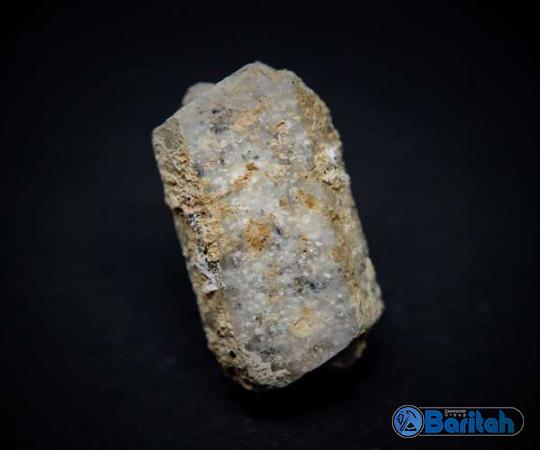
.
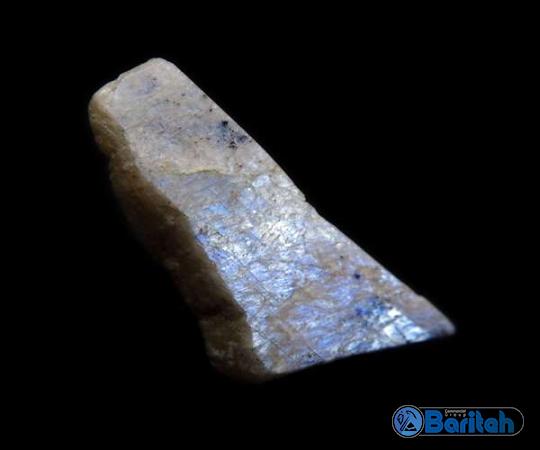 2. Ceramics and Porcelain Industry: Alkali feldspar plays a vital role in the ceramics and porcelain industry. With its low iron content and high alumina content, it acts as a fluxing agent, helping to lower the firing temperature and improve the workability of the clay. Alkali feldspar also enhances the final product’s strength, resistance to thermal shock, and overall aesthetics. From tableware to sanitaryware, alkali feldspar is an indispensable component in creating durable and attractive ceramic and porcelain products. 3. Construction Materials: In the construction industry, alkali feldspar is commonly used in the production of tiles, countertops, and various types of decorative stones. Its hardness and durability make it ideal for surfaces exposed to heavy wear and tear.
2. Ceramics and Porcelain Industry: Alkali feldspar plays a vital role in the ceramics and porcelain industry. With its low iron content and high alumina content, it acts as a fluxing agent, helping to lower the firing temperature and improve the workability of the clay. Alkali feldspar also enhances the final product’s strength, resistance to thermal shock, and overall aesthetics. From tableware to sanitaryware, alkali feldspar is an indispensable component in creating durable and attractive ceramic and porcelain products. 3. Construction Materials: In the construction industry, alkali feldspar is commonly used in the production of tiles, countertops, and various types of decorative stones. Its hardness and durability make it ideal for surfaces exposed to heavy wear and tear.
..
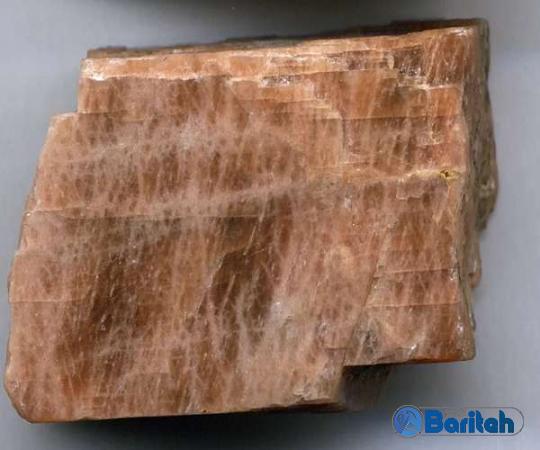 As a mineral with excellent mechanical properties, alkali feldspar enhances the strength and resistance of construction materials to abrasion, weathering, and chemical reactions, ensuring their longevity and reliability. 4. Geopolymers and Green Cement: Amidst the growing concerns over environmental sustainability, alkali feldspar has emerged as a promising alternative to traditional cement in the form of geopolymers. Geopolymers utilize alkali feldspar, along with other materials like fly ash or silica, to create an eco-friendly cement substitute. Alkali feldspar’s reactivity and chemical composition allow for the formation of a geopolymeric binder with high compressive strength, low carbon footprint, and improved resistance to moisture and chemical degradation. 5. Energy Storage: Alkali feldspar’s potential in the field of energy storage has been gaining attention in recent years. Researchers have identified alkali feldspar as a promising material for sodium-ion batteries due to its abundant and cost-effective nature.
As a mineral with excellent mechanical properties, alkali feldspar enhances the strength and resistance of construction materials to abrasion, weathering, and chemical reactions, ensuring their longevity and reliability. 4. Geopolymers and Green Cement: Amidst the growing concerns over environmental sustainability, alkali feldspar has emerged as a promising alternative to traditional cement in the form of geopolymers. Geopolymers utilize alkali feldspar, along with other materials like fly ash or silica, to create an eco-friendly cement substitute. Alkali feldspar’s reactivity and chemical composition allow for the formation of a geopolymeric binder with high compressive strength, low carbon footprint, and improved resistance to moisture and chemical degradation. 5. Energy Storage: Alkali feldspar’s potential in the field of energy storage has been gaining attention in recent years. Researchers have identified alkali feldspar as a promising material for sodium-ion batteries due to its abundant and cost-effective nature.
…
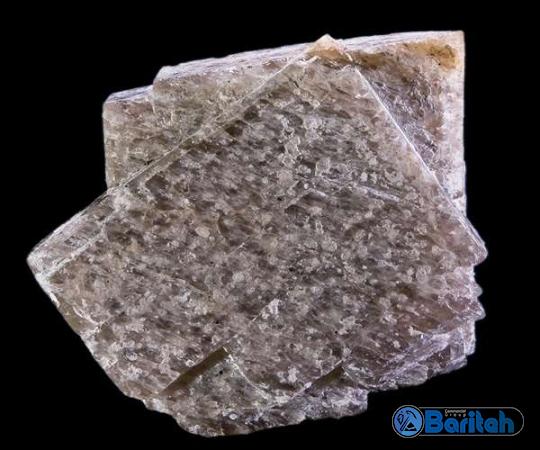 With its ability to store and release electrical energy efficiently, alkali feldspar could help usher in a new era of low-cost, high-performance energy storage systems. Conclusion: Alkali feldspar’s significance across various industries cannot be overlooked. Its unique properties, such as high melting point, low coefficient of thermal expansion, and excellent mechanical strength, make it a valuable component in glass manufacturing, ceramics, construction materials, geopolymer production, and energy storage technologies. As industries continue to innovate and seek sustainable solutions, the demand for alkali feldspar is expected to grow, reinforcing its role as a vital mineral in modern society.
With its ability to store and release electrical energy efficiently, alkali feldspar could help usher in a new era of low-cost, high-performance energy storage systems. Conclusion: Alkali feldspar’s significance across various industries cannot be overlooked. Its unique properties, such as high melting point, low coefficient of thermal expansion, and excellent mechanical strength, make it a valuable component in glass manufacturing, ceramics, construction materials, geopolymer production, and energy storage technologies. As industries continue to innovate and seek sustainable solutions, the demand for alkali feldspar is expected to grow, reinforcing its role as a vital mineral in modern society.
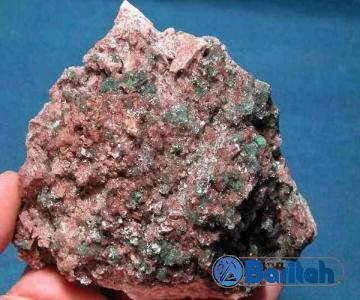
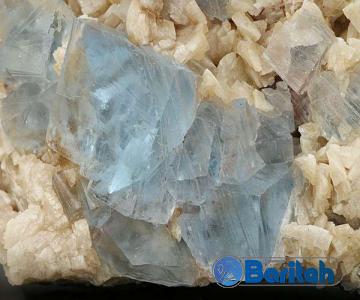
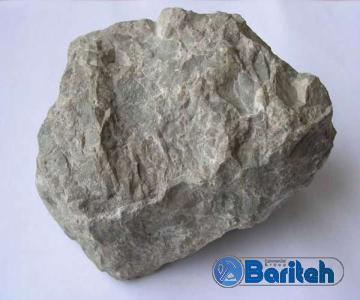
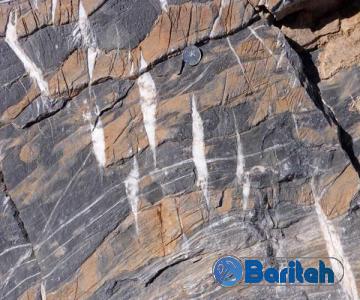
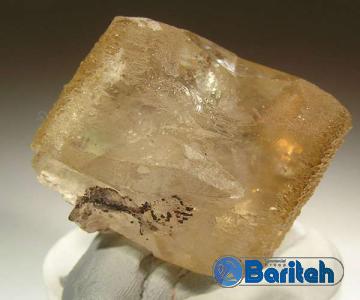
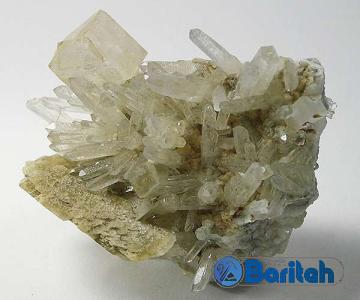
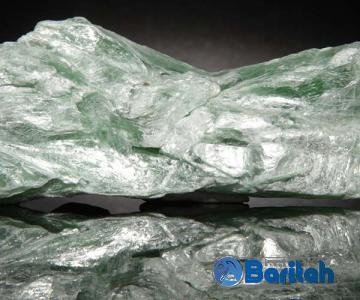
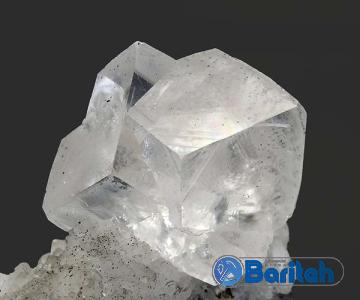
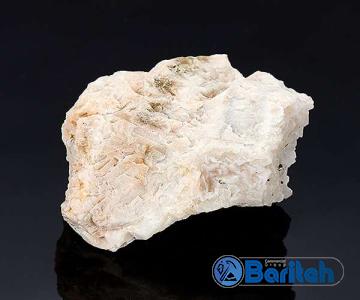
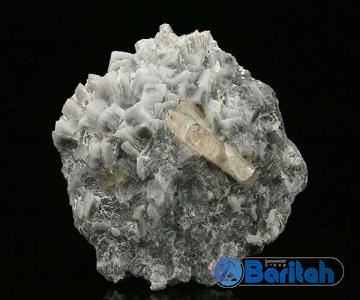
Your comment submitted.